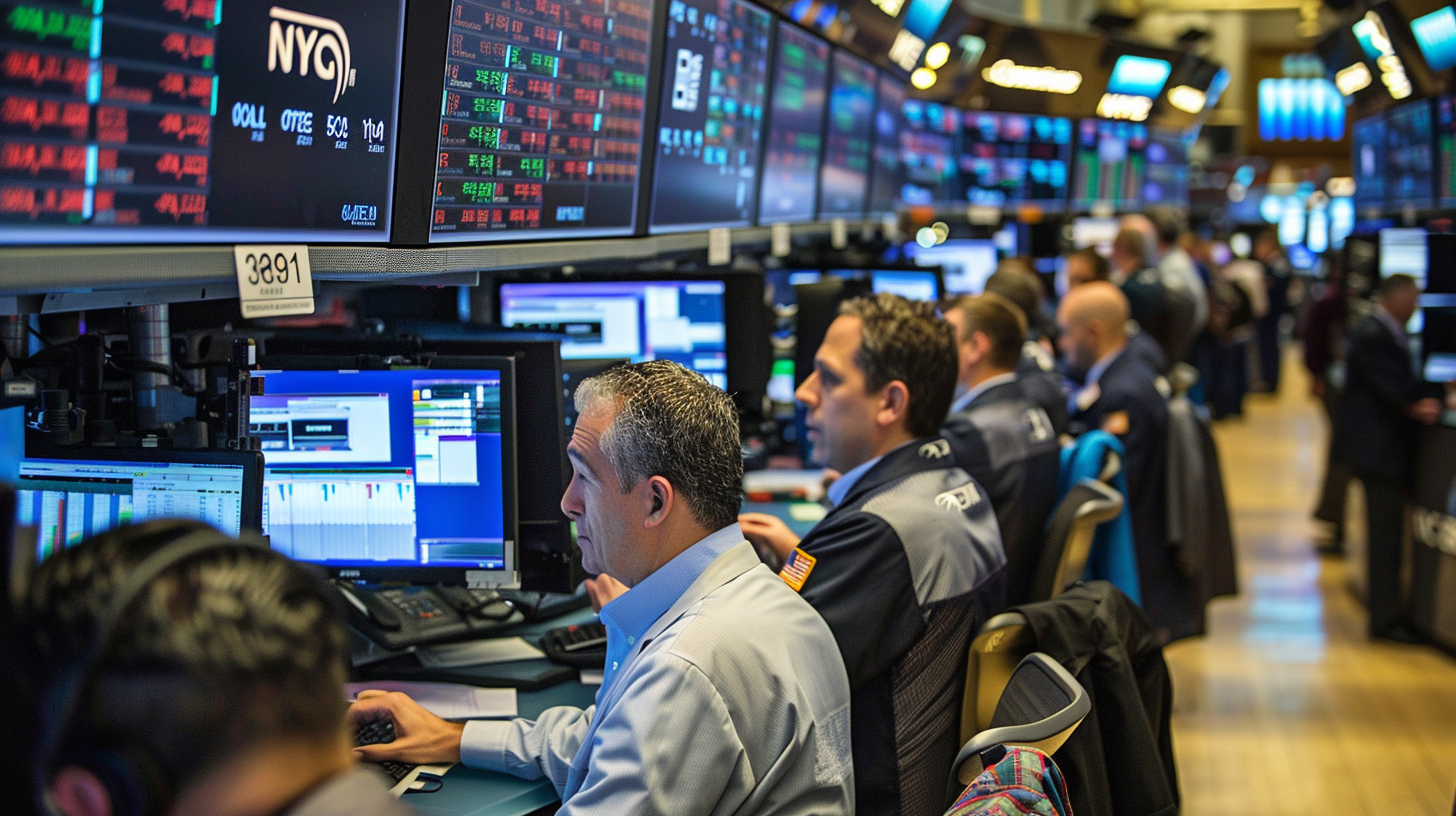| Key Points: – Stock buybacks are a powerful tool for small cap companies to boost shareholder value, signal confidence, and optimize capital allocation—especially in today’s cautious market environment. – Buybacks offer flexibility compared to dividends and can help correct market undervaluation by improving earnings per share (EPS) and supporting the stock price. – Noble Capital Markets’ trading desk provides specialized, compliant, and strategic execution of buyback programs tailored to small and microcap companies. |
In today’s volatile and uncertain market environment, many small and microcap companies are turning to stock buybacks as a strategic lever to enhance shareholder value. While often associated with large-cap firms, stock repurchase programs are increasingly being utilized by emerging growth companies as a way to signal confidence, support their stock price, and optimize capital allocation.
So, what exactly is a stock buyback? Simply put, a buyback occurs when a company repurchases its own shares from the open market. These repurchased shares are either retired or held as treasury stock, effectively reducing the total number of shares outstanding. This reduction in share count can lead to higher earnings per share (EPS) and, in many cases, a stronger stock price performance over time.
For small cap companies, this strategy can be especially impactful. Many of these firms trade at valuations that don’t reflect their underlying fundamentals, often due to limited analyst coverage or lack of investor awareness. A well-timed and well-executed buyback program can help correct this disconnect by demonstrating to the market that the company believes its shares are undervalued. Moreover, it signals financial discipline and a commitment to returning value to shareholders.
In the current climate—marked by inflationary pressures, tighter capital markets, and cautious investor sentiment—stock buybacks can also offer an attractive alternative to dividends. Unlike dividends, which establish an expectation for recurring payouts, buybacks provide flexibility. Companies can scale buybacks based on available cash flow without committing to long-term distributions.
However, executing a buyback program, especially for smaller public companies, requires careful planning and compliance with regulatory frameworks such as Rule 10b-18 under the Securities Exchange Act of 1934. This is where the expertise of an experienced trading desk becomes essential.
Noble Capital Markets’ trading desk specializes in supporting small and microcap companies with customized buyback solutions. With decades of experience and deep market insight, Noble helps companies structure and implement repurchase programs that are efficient, compliant, and aligned with strategic objectives. From navigating trading volume restrictions to maintaining anonymity in the market, Noble’s trading professionals act as an extension of a company’s finance team, ensuring each transaction is executed with precision and discretion.
Noble’s focus on the emerging growth space makes them uniquely positioned to understand the challenges and opportunities facing smaller public companies. Their trading desk doesn’t just facilitate transactions—they provide strategic guidance on timing, liquidity management, and market perception. For companies considering a buyback, having a trusted partner like Noble Capital Markets can make all the difference in achieving desired outcomes.
Stock buybacks are more than just a capital return mechanism—they’re a signal of strength, confidence, and long-term vision. For small cap companies looking to enhance shareholder value in a complex market, partnering with an experienced trading desk like Noble’s is a smart and strategic move.
